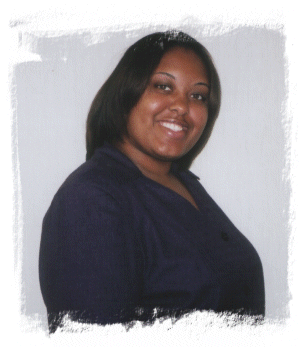 Natoria Kennell |
School: University of Mississippi
Major: English Minor: Gender Studies Expected Graduation Date: May 2005 Organizations and Honors:
|
![]()
ABSTRACT
“Throats Too Choked with the Smell of Murdered Flesh to Sing”: The Search for Voice in Alice Walker’s Meridian
| The 1960s and the 1970s were a time of American cultural
transformation.
Americans were fighting against the long-standing conservatism of the
1950s
and demanding to be free: free to choose social paths without having to
adhere to traditional values, free to make moral and intellectual
choices,
and free to define themselves. Black Americans fought especially
diligently for social freedoms, uprising and revolting against decades
of discrimination. Black American culture as a whole was transforming
into
a more challenging and active part of American cultural
creation.
Within black cultural contexts, black women’s
transformation from
talked about object to self-defined subject was especially significant
and is clearly visible in the writings of this era. While black
women’s
writing has a long history that reflects back to the 18th century, the
1960s gave birth to an explosion of black feminist voices that
transformed
society. During this time black women called upon others to
recognize
the lives of oppression many had been subjected to. Black women began
to
realize that their silence was no longer a defense mechanism but
death.
In “The Transformation of Silence into Language and Action” Audre Lorde
explains that silences are not protection, but only a barrier
preventing
women from forming necessary strengths. Lorde writes, “My
silences
had not protected me. Your silence will not protect you.
But
for every real word spoken, for every attempt I had ever made to speak
those truths for which I am still seeking, I had made contact with
other
women while we examined the words to fit a world in which we all
believed,
bridging our differences” (Lorde 40). Here, I will examine how
the
socio-political realities of the 1960s and 1970s worked to suppress
black
female public voicings and the power gained when they break through
their
silences to express self.
|